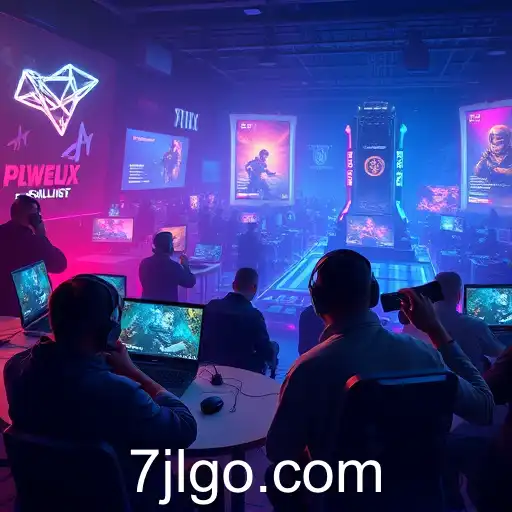Educational


Exploring the Dynamic World of Educational Games

In recent years, educational games have emerged as a dynamic force in the world of learning, blending fun with education to engage students and facilitate a deeper understanding of complex concepts. With the keyword '7jl' serving as a hallmark for these innovative learning tools, many educational platforms have started categorizing such games under the 'Educational' tag, acknowledging their contribution to academic success and personal development.
Educational games offer a wide array of benefits, making them a preferred choice for educators and learners alike. They are designed to promote problem-solving skills, critical thinking, and creativity. By converting educational content into interactive and immersive experiences, these games captivate the attention of learners, leading to enhanced motivation and retention of knowledge.
One of the significant advantages of educational games is their ability to cater to various learning styles. Visual learners, for instance, benefit from the graphic elements and animations, while auditory learners engage through narrations and music. Kinesthetic learners, on the other hand, excel by interacting directly with the game environment. This adaptability makes educational games a powerful tool in inclusive education, ensuring that no learner is left behind.
Moreover, educational games provide immediate feedback, allowing learners to identify and correct their mistakes quickly. This real-time guidance reinforces learning objectives and encourages a growth mindset. Studies have shown that such instant feedback loops can significantly improve learning outcomes in comparison to traditional education methods.
The integration of educational games into curriculums has also paved the way for gamification, a practice where game elements are applied in non-game contexts to boost engagement and productivity. With badges, leaderboards, and leveling systems, gamification transforms mundane learning tasks into exciting challenges, motivating students to progress with enthusiasm.
In addition to fostering academic skills, educational games contribute to the development of social abilities. Multiplayer games and collaborative challenges require learners to work together, fostering teamwork and communication skills. These interactions not only prepare students for future collaborative work environments but also teach them valuable lessons in empathy and cooperation.
Despite their numerous benefits, it's crucial for educators and parents to select appropriate educational games that align with learning objectives. The content must be vetted to ensure it is age-appropriate and effectively supports educational goals. With the right selection, educational games can complement traditional learning and provide a comprehensive educational experience.
In conclusion, educational games, marked by the keyword '7jl', represent an exciting frontier in education. As technology advances, these games will continue to evolve, offering even more sophisticated and effective tools for learning. Educators, students, and parents stand to benefit immensely from embracing these digital resources, heralding a new era of interactive and personalized education.
The Evolution of Online Gaming
Explore the current trends in online gaming and the impact of platforms like 7jl in transforming the digital gaming experience.
Gaming in the Age of 7jl: Evolution and Trends
Exploring the impact of the keyword 7jl on contemporary gaming websites and trends in 2025.
Gaming Innovations and Community Trends
Exploring the innovative advancements and community dynamics shaping the online gaming landscape in 2025, with a focus on the role of '7jl'.
 Skip to content
Skip to content




